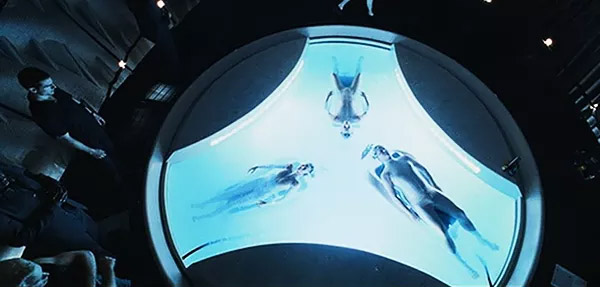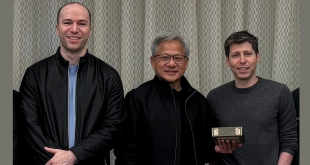The use of big-data has exploded in the last few years, allowing for new weather prediction algorithms, Netflix suggestions and more targeted advertising among many other uses, including some controversial ones. Take for example its use in predicting criminal activity. Could this one day lead to a Minority Report-like pre-crime division?
If this sounds like the realm of science fiction, it's not as far off as you would expect. Just like almost every other piece of technology in that early '00s movie, the idea of tracking crime before it happens has already been conceived and trialled, and we don't even need the children of drug addicts to make it happen.
Back in 2011, a trial was conducted in Los Angeles and Manchester to see if using past crime data, police could make educated guesses about where criminals may be acting in the future. It looked at crimes occuring in certain areas and predicted that crime rates in the surrounding area would increase in the aftermath.
First step: Don't hire Tom Cruise to supervise the datacentre.
In L.A. and Manchester, the trials were successful, prompting expanded use of the crime predicting software and new, novel uses which continue to be trialled today.
Not everywhere saw success however. A similar trial in Kent showed promised in 2012, but when it was rolled out to a wider area a few months later, crime actually increased, with police blaming inaccurate data and an inability to respond quick enough. It may be that with predictive crime tracking, more responsive police forces are also needed to take advantage of the potential improvements it can bring.
However there are also moral implications to consider. Predicting crime in a wider area could lead to stereotyping of individuals or harsher policing before crimes have even occurred. Removing emotion and real people from the equation and listening to a machine too, could further divide police and communities and as the BBC points out, it can also ignore the reasons crime takes place.
Discuss on our Facebook page, HERE.
KitGuru Says: What do you think about the idea of predicting crime in an area? As a way to schedule police patrols, it seems like a great idea, but making arrests or searching people based on it seems like a recipe for persecution.
 KitGuru KitGuru.net – Tech News | Hardware News | Hardware Reviews | IOS | Mobile | Gaming | Graphics Cards
KitGuru KitGuru.net – Tech News | Hardware News | Hardware Reviews | IOS | Mobile | Gaming | Graphics Cards



